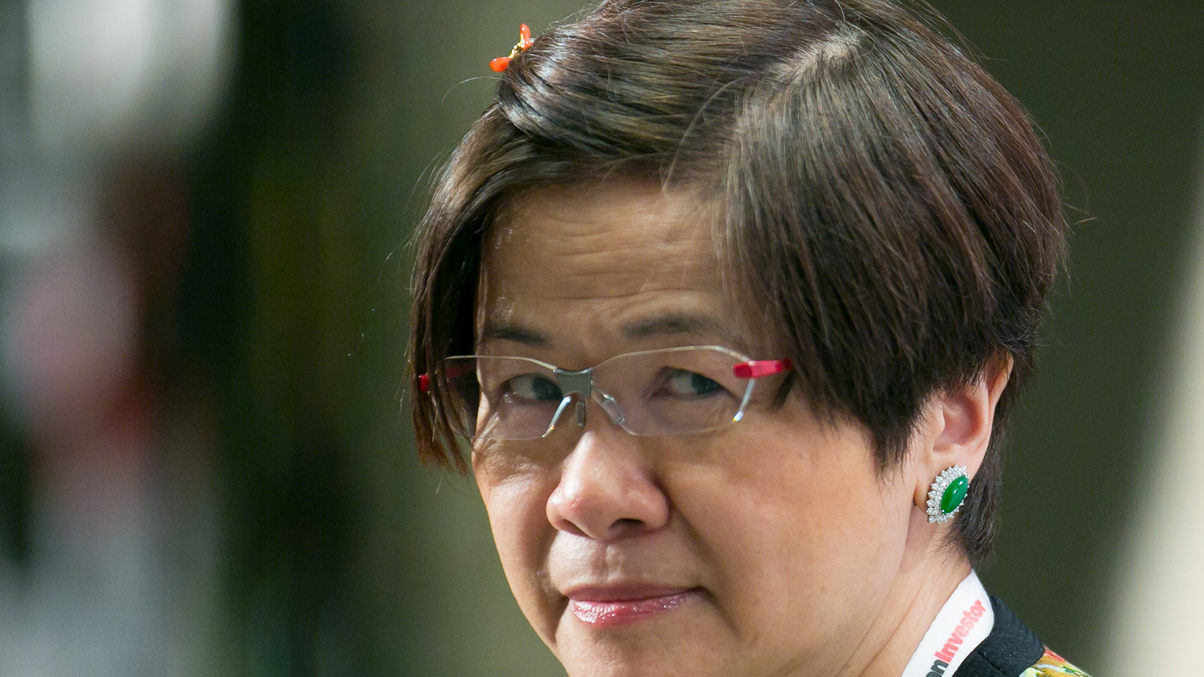It’s time for HK to reinvent itself, says Alexa Lam
The former deputy CEO of the Securities and Futures Commission warns that China no longer needs Hong Kong as its superconnector, and suggests a new niche for the city.

Hong Kong must grasp the chance to reinvent itself as the financial hub for Beijing’s ‘one belt, one road’ Eurasia initiative because its role as China’s superconnector will soon be redundant, said the recently retired Alexa Lam.
Sign in to read on!
Registered users get 2 free articles in 30 days.
Subscribers have full unlimited access to AsianInvestor
Not signed up? New users get 2 free articles per month, plus a 7-day unlimited free trial.
¬ Haymarket Media Limited. All rights reserved.


